Quand l’institutionnalisation du genre s’ethnicise. Le cas bolivien
Article complet du #69 | Les politiques de genre : quel genre de politiques?
Résumé
L’accession au pouvoir en Bolivie d’Evo Morales transforme l’institutionnalisation du genre. La lutte contre les discriminations de genre, tout comme celles d’origine ethnique, ne se concentre désormais plus uniquement dans des entités institutionnelles spécifiques. À partir d’une analyse de discours, cet article pose la question de la politisation ambivalente des rapports sociaux de sexe concomitants à ces changements institutionnels. L’association du concept de genre aux principes andins permet une politisation des rapports sociaux de sexe. Cependant, ce processus est affaibli par l’invisibilité du genre aux expériences autochtones et l’assimilation du patriarcat à la colonisation, qui tendent à une dépolitisation du genre.
Abstract
The coming to power in Bolivia of Evo Morales has transformed the institutionalization of gender. The fight against gender discrimination, like that against ethnic discrimination, is no longer concentrated solely in specific institutions. Through discourse analysis, this paper examines the issue of the ambivalent politicization of the social gender relations that have accompanied these institutional changes. Associating the concept of gender with Andean principles has led to this politicization, but the process has been hampered by the invisibility of gender to indigenous experiences and by the assimilation of patriarchy to colonization, two factors that have tended to depoliticize gender.
Article complet du #69 | Les politiques de genre : quel genre de politiques?

